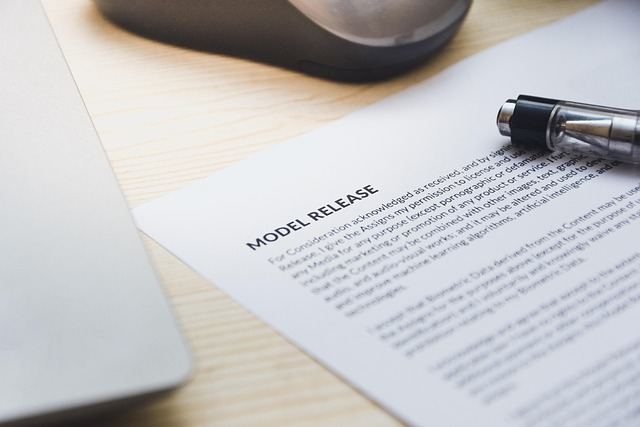In today’s hyper-connected world, the concept of exposure takes on many forms. From sharing our lives on social media to optimizing our business strategies, exposure shapes our experiences, interactions, and even our understanding of the environment around us. One of the most powerful tools in enhancing this exposure is GPS data. The seamless integration of GPS technology into various aspects of our lives offers a unique way to navigate both physical spaces and the digital landscape.
Imagine stepping outside your front door and knowing exactly where you want to go. With GPS data at your fingertips, this level of certainty is not just a dream; it’s a reality that millions of people experience every day. Whether it’s finding the fastest route to work, discovering new trails for a weekend hike, or simply tracking your daily walk, GPS technology provides a sense of direction and purpose.
But the power of GPS data extends far beyond just navigation. For businesses, it opens up new avenues for exposure and engagement. Knowing where your customers are can significantly enhance the effectiveness of your marketing strategies. By utilizing location-based services, brands can connect with consumers in real-time, offering tailored promotions that resonate with their immediate context. Imagine receiving a discount notification just as you pass by your favorite café, urging you to stop in and enjoy a treat. This is the magic of GPS data at work, improving not only exposure but also the relevance of the message.
Furthermore, GPS data is revolutionizing how we interact with the world. Applications that monitor fitness, track travel, or provide weather updates rely on location data to deliver personalized experiences. These tools allow users to see their daily activities, set goals, and maintain motivation in ways that were not possible before. Our devices, powered by GPS data, act as companions that guide us, hold us accountable, and help us engage with our surroundings in meaningful ways.
As we delve deeper into the realm of exposure through GPS technology, it becomes crucial to consider the implications on privacy and ethical use. While the benefits are numerous, awareness of how our data is collected and utilized is vital. Navigating this landscape requires not only embracing the innovations that GPS data offers but also understanding the responsibility that comes with it.
In essence, GPS data is not just a tool for navigation; it is a means of building connections. It enhances our exposure to the world, allowing us to become more engaged individuals and informed consumers. By harnessing the power of GPS data, we can better navigate our lives, unlock exciting opportunities, and ultimately foster a deeper connection with the environments we inhabit. Amid the complexities of modern life, GPS data stands as a beacon, guiding us towards greater exposure and understanding.




